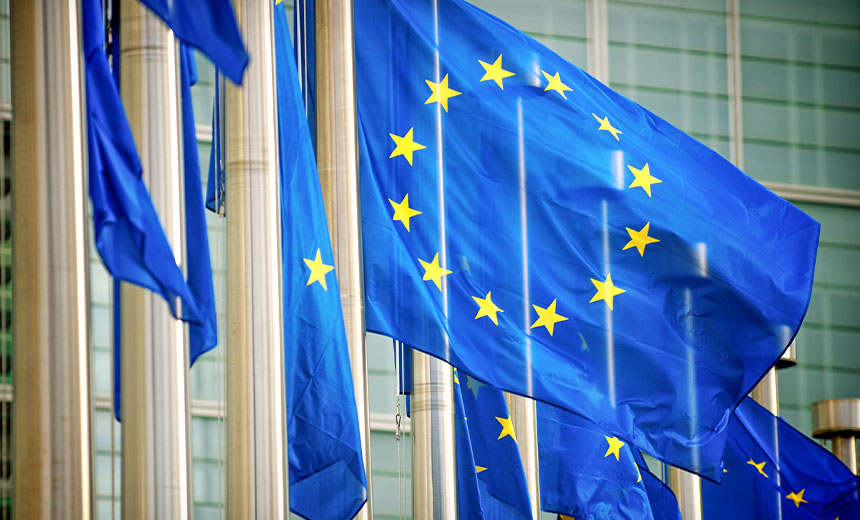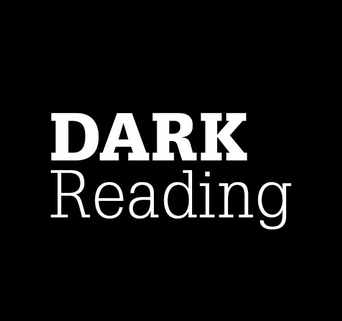EU’s Proposed CSAM Bill Poses Hacking Risks
Endpoint Security
,
Governance & Risk Management
,
Legislation & Litigation
Hackers Would Exploit Client-Side Scanning, LIBE Committee Hears

Members of a European Parliament committee heard Thursday an assessment warning them that a bill intended to fight child sexual abuse material would instead weaken online security.
See Also: Webinar | The Evolution of Network Architecture: What You Don’t Know Can Hurt You
The Child Sexual Abuse Material proposal unveiled by the European Commission in May 2022 faces a barrage of opposition from industry and civil liberty groups concerned that its mandate for digital communication services such as instant messenger apps to scan for CSAM is incompatible with end-to-end encryption.
Bart Preneel, a cryptography professor at Catholic University of Leuven in Belgium,
“The only way you could actually detect CSAM would be by scanning on the device of the user. You would have to insert additional software in the user device, and such a software will create new vulnerabilities that are open to attack and abuse,” he said.
Scanning communications would violate a right to confidential communications while client-side scanning “violates the essence of the right of protection…




